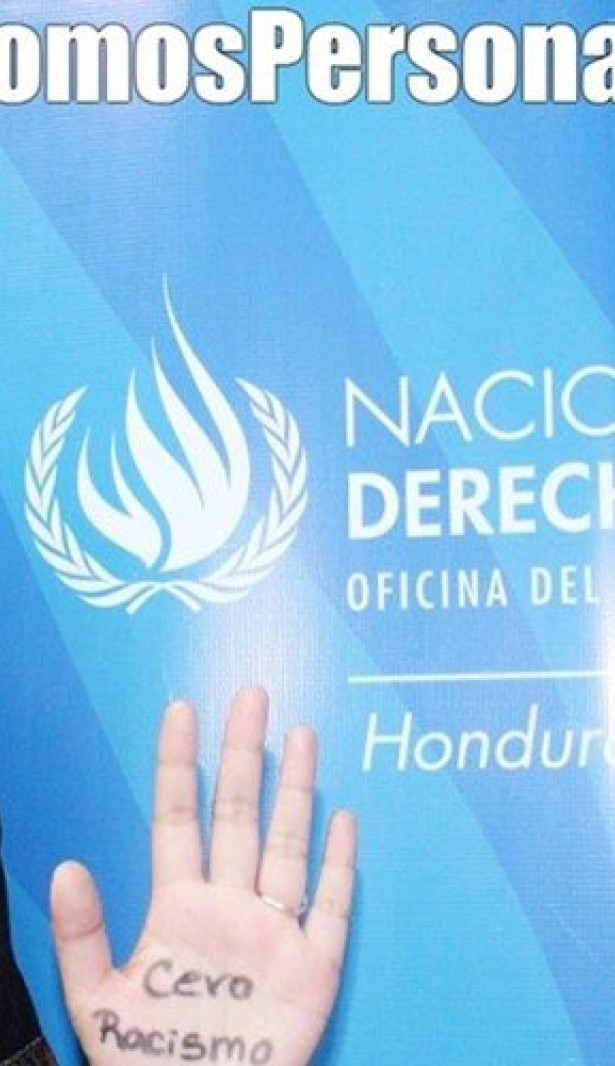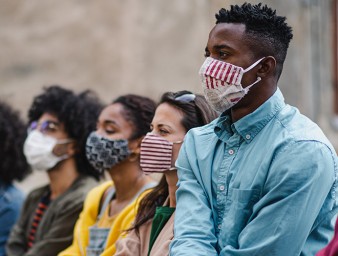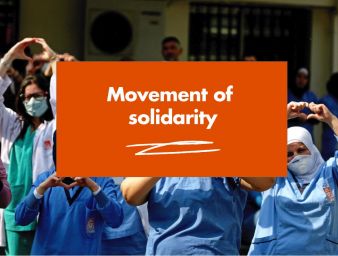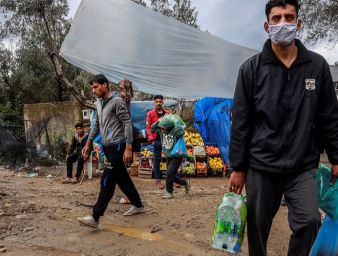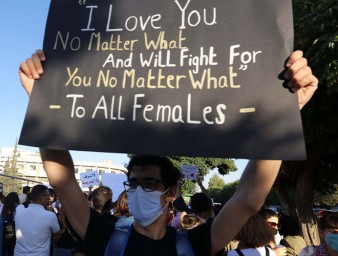A global crisis shows value of working together
04 August 2020
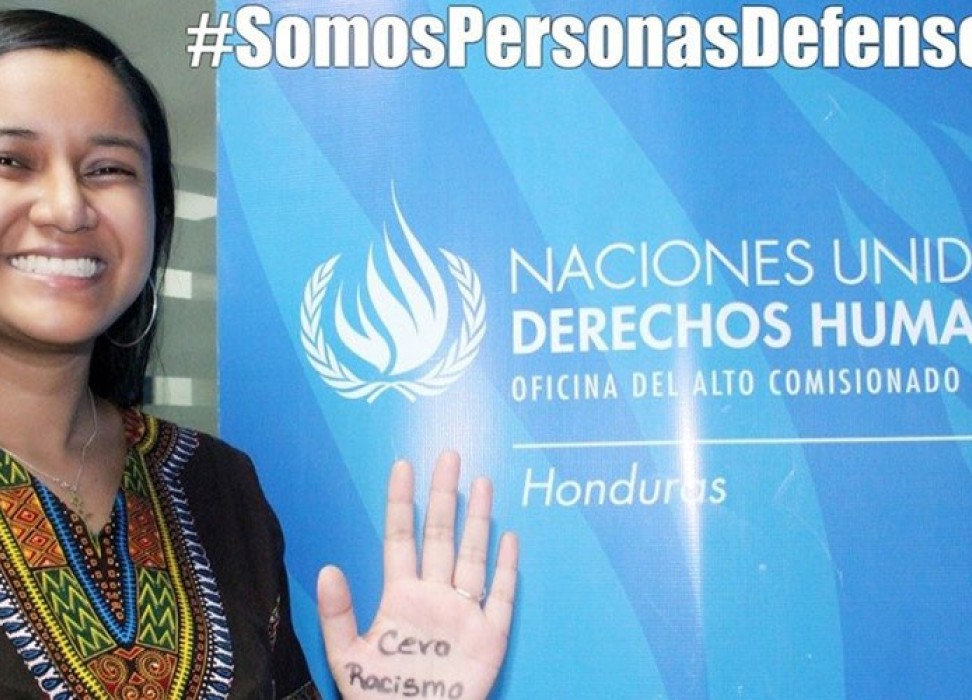
The Central American nation of Honduras reported its first COVID-19 case in early March this year. Since then, it has imposed emergency measures that include closure of businesses and mandatory physical distancing and home lockdown.
As of July 30 there have been 40,460 reported cases of COVID-19 resulting in 1,214 deaths, denoting an upward trend in cases and deaths since the first case was reported in 12 March.
Kely Brunner is a human rights officer who mainly works with human rights defenders, journalists and issues surrounding public participation. She says the virus has made the plight defending human rights of those communities more of a challenge.
How has COVID-19 affected your how you do your work?
Our work with these communities and with human rights defenders is now totally remote. We are definitely more in virtual contact and we depend much more on them, since information is on the ground is first-hand information. We have been closer, too in some ways not just to civil society but with the authorities and national human rights institutions. We are in permanent contact with them and are offering other ways to provide technical assistance.
What are some of the big challenges you are facing in Honduras?
There are many, many challenges for Honduras. There are economic, social and cultural rights challenges, such as access to health, adequate housing, and even housing conditions. There are challenges in terms of discrimination and stigmatization, due to a lack of knowledge on the part of the population. And above all, there are many populations in situations of vulnerability that were already in this state and this crisis has only worsened it. For example, the LGBTI community is highly affected by discrimination. Migrants are greatly affected by discrimination, stigmatization and many other populations.
What is your office doing to protect and support human rights during the pandemic?
We have, above all, a great capacity for advocacy, especially at the national level and with authorities at higher levels. So in a sense, we have been advocates and provided technical assistance to authorities so we can attack all of these challenges structurally and more closely.
Why is it important to stand together, stand up for human rights during this pandemic?
This is a global crisis. We need global actors to also face it internationally. Therefore, we depend on international solidarity and we must strengthen it a lot, it is a joint work of all actors worldwide.
4 August 2020
